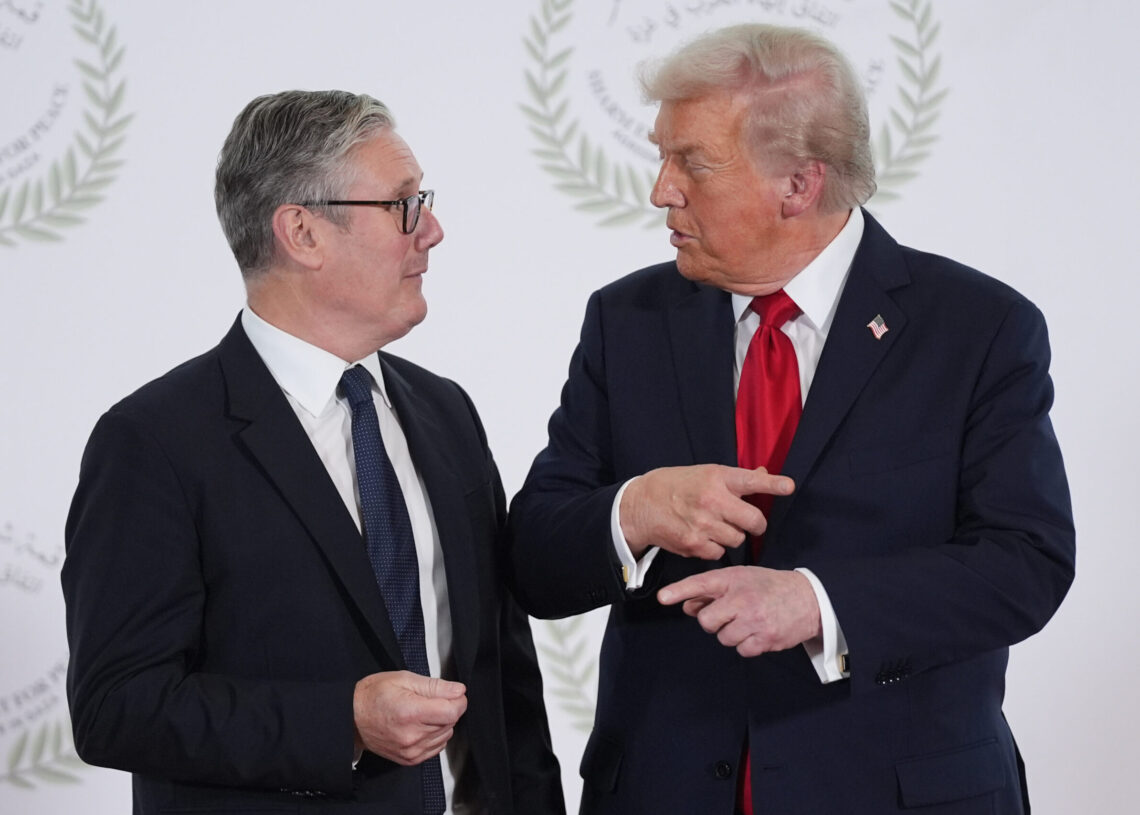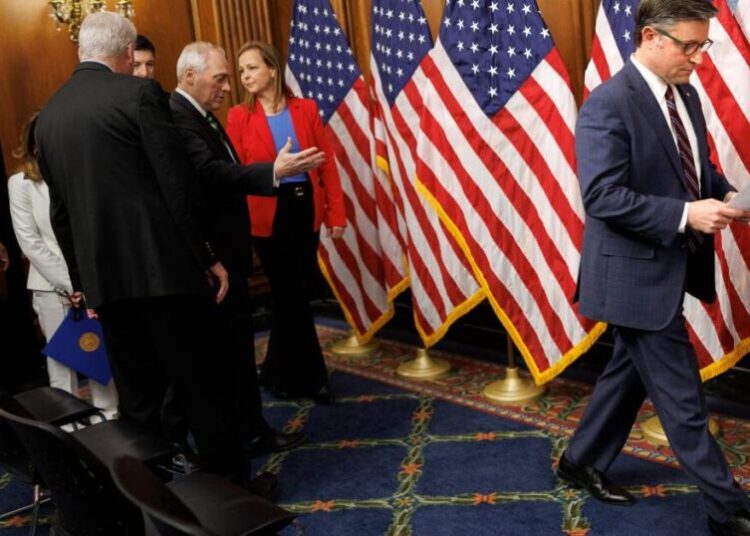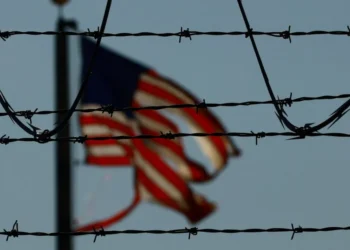For decades, the United Kingdom’s leaders have bear-hugged their American counterparts, and it’s been no different with President Donald Trump. Lately, the courtship has been great for the special relationship, with Trump saying, “special does not begin to do it justice.” Yet even allies as eager as the Brits are starting to worry.
For decades, the United Kingdom’s leaders have bear-hugged their American counterparts, and it’s been no different with President Donald Trump. Lately, the courtship has been great for the special relationship, with Trump saying, “special does not begin to do it justice.” Yet even allies as eager as the Brits are starting to worry.
London recently discontinued some intelligence sharing with the United States regarding suspected drug traffickers in the Caribbean, CNN reported Tuesday. The normally chummy government fears becoming complicit in the administration’s illegal military strikes against vessels off the coast of Venezuela. It’s a notable break between the two countries in the region, where the British still control multiple territories.
The Trump administration maintains that its attacks are essential to combatting Latin American drug cartels, which Trump has labeled “foreign terrorist organizations.” Yet the continuing campaign — which has killed at least 75 people — will do little to stem the flow of fentanyl. Moreover, the administration has admitted in briefings to Congress it does not necessarily know the identities of the people it is targeting.
The policy change serves as an important reminder that these strikes aren’t happening in a vacuum. For decades, British intelligence has assisted the United States in identifying suspected drug traffickers in the region, where traditionally the U.S. Coast Guard stops the vessels and detains their crew and drugs.
Meanwhile, FBI Director Kash Patel reportedly angered his counterparts at MI5. He had promised to protect a key FBI agent who was working with the British agency on surveillance technology. Yet that job was slashed by the White House’s budget cuts anyway, the New York Times reported on Monday.
All of this comes amid a seemingly never-ending fight over trade. The U.K. was the first country to reach an agreement with the Trump administration related to beef, ethanol and cars, which was seen as a sign that Trump would give special treatment to close allies. But since then, the president has added a flurry of product-specific tariffs that British officials have struggled to cope with.
These two countries’ deep shared interests make it particularly hard to break them apart. But in a world full of enemies, the U.S. does itself no favors by alienating allies for no good reason.
The post A tear in the special relationship
appeared first on Washington Post.




